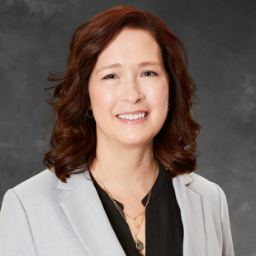Many Americans have been focused on their own finances over the past several months. But don’t neglect helping those closest to you with their finances as well, especially aging parents. Here are some questions to ask your parents to help them sort through their financial picture.
Have you decided when you’ll start taking Social Security benefits?
If your parents have not started taking Social Security, a discussion in this area will help both of you. Generally, Baby Boomers can receive their full amount of benefits at age 66, but benefits increase gradually if they wait longer, reaching the peak at age 70. Conversely, if your parents intend to retire early, they may wish to start receiving reduced benefits as soon as age 62. To add more complexity, a spouse can take retirement benefits from their partner’s work history. Often a rule of thumb is if you expect to live past 80, consider delaying when you first receive benefits, if you can afford to do so.
Do you have a durable power of attorney?
If you need to act on behalf of your parents regarding financial matters, you will need a power of attorney. Without this document in place, you’ll have to go to court to get guardianship of your parents in order to access their financial accounts.
Is there an executor?
Who is responsible for going through everything when necessary? You don’t really need to know who it is, just that there is someone in place with a potential backup executor if the primary executor is unwilling or unable to help.
Where do you keep financial records?
Does someone, other than your parents, know where financial documents and information are kept? This includes bank account numbers along with usernames and passwords for websites.
Who are your key advisors?
The executor will need the names and contact information for each member on your parents’ team of trusted advisors. Ideally your parents have introduced their executor to each of the members of their team.
How are you planning to pay for long-term care?
One of the main financial concerns is the possibility of paying exorbitant amounts for long-term care in a nursing home or with stay-at-home assistance that will drain all your parents’ assets. Traditionally, this was handled by long-term care insurance to absorb at least some of the cost. Unfortunately, these policies are now very expensive. But there are other ideas that can help, including certain tax advantaged insurance policies and establishing a trust to shield assets from nursing home costs (subject to certain restrictions for Medicaid assistance).
Do trusts need to be created or updated?
Although there are numerous types of trusts, each with a various purpose, your parents may use a trust to preserve assets for their heirs. They are also used to avoid probate. An irrevocable trust can fully protect assets, but your parents must give up all control over their assets. In contrast, a revocable trust can be modified (where your parents can still change beneficiaries), but offers less protection.
Remember, your goal is not to pry into your parents’ finances, but to help ensure a plan is in place. And as an added benefit, many of the questions outlined here are great to apply to your own situation!
Beaird Harris can help facilitate a conversation with your parents (or your children). If this is of interest, please feel free to contact your Beaird Harris advisor for more information; otherwise, we hope you find the questions above helpful!







